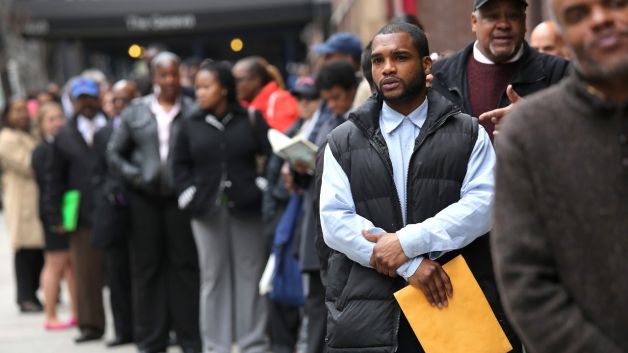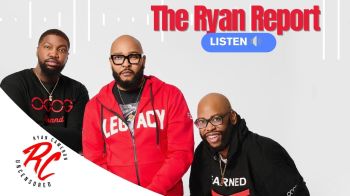
It’s looking like it might be a long summer and for Black youth, and Congress isn’t making it any
easier.
That’s because House Republicans (y’know, always with Black boys as a priority) decided to
vote down an increase to the minimum wage, which would have raised it to $10.10 an hour by
2016 and possibly set forth a change that could have created real earning potential for
disadvantaged young people who may otherwise look to the street for sources of income.
The congressional vote is really a sampling of how there is broad ambivalence on the right to
raising the minimum wage as a partial solution in areas where Black boys could use one.
SEE ALSO: Expert: Black Unemployment Compounded By White Favoritism During Hiring
For example, Art Laffer, commenting on Fox News, feels the raising of the minimum wage is a “Black teenage unemployment act.” Others
are sticking to the belief that raising the minimum wage would actually cost jobs.
Both perspectives are fallacies.
In January, the Chicago Urban League released findings that showed that 92 percent of all Black teens in
that city are unemployed, with a national average of Black teen joblessness trailing behind it at a
jarring 83 percent.
An increase in the minimum wage would primarily help working families better their financial
footing, particularly as the slow economic recovery continues in America, according to
various studies.
But there would be a beneficial ripple effect on urban youth in a couple of ways: First, the Congressional Budget Office (CBO) has found that hiking minimum wage to $10.10 an hour
would raise income levels for families living below the poverty line by 2.8 percent and reduce the
number of people living in poverty by as much as 900,000.
Second — and this is most important for young Black males — a higher wage represents an
incentive to obtain and retain gainful employment, which leads to more advanced job skills,
leading to even higher hourly wages and ultimately a reduction in crime because there are fewer
youth out there with idle time or what social scientists call “disconnected.”
It’s been the conservative line of thinking that raising the minimum wage would only raise unemployment
because businesses can’t afford it and would have to shut down or offer fewer jobs.
But the CBO’s research clearly finds that the gains outweigh the risks.
The minimum wage has consistently raised since the 1930s, and it has never been the job killer the right wing swears that
it will be. On the contrary, sending manufacturing jobs to other countries is what has gutted U.S. employment.
If familes could be taken out of poverty and have more of their incomes to spend on their sons
and daughters and if young boys were able to earn a wage that could keep them out of the
streets — away from gangs, drug dealing, and hustling — then that would equal a net gain and something
that Republicans seem to have yet again overlooked.
This summer, as in many summers, cities are anticipating waves of crime and gun violence.
Caught in the center of it all will likely, and unfortunately, be young Black males who we can’t
seem to find a way to save from gunfire.
But if those same kids were occupied by something other than the streets — perhaps putting money in their pockets while doing it — they would probably be less inclined to get caught up and more likely to man up.
SEE ALSO: White House Calls For More Privacy Laws
Black Boys, Minimum Wage: Why an Increase Equals a Net Gain was originally published on newsone.com














